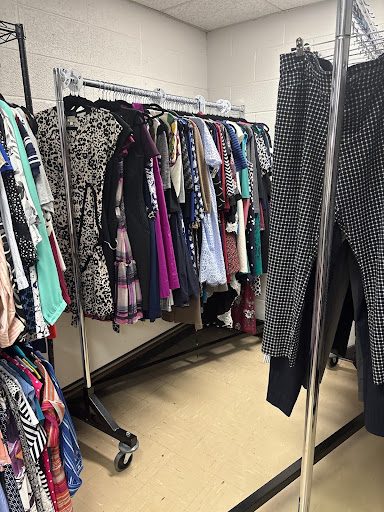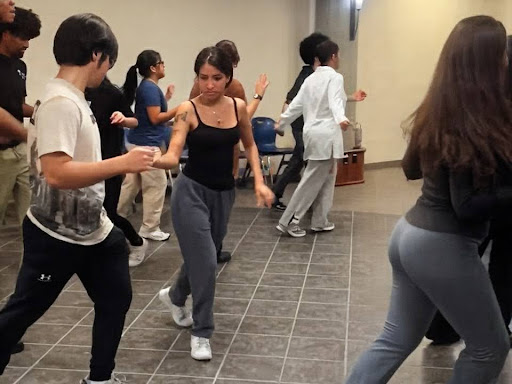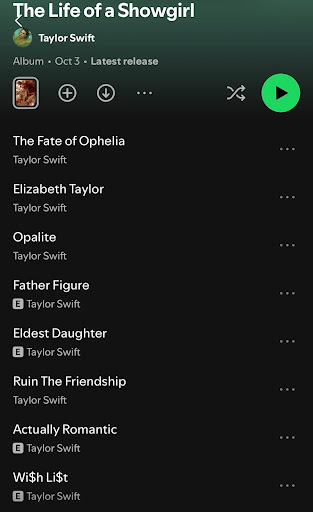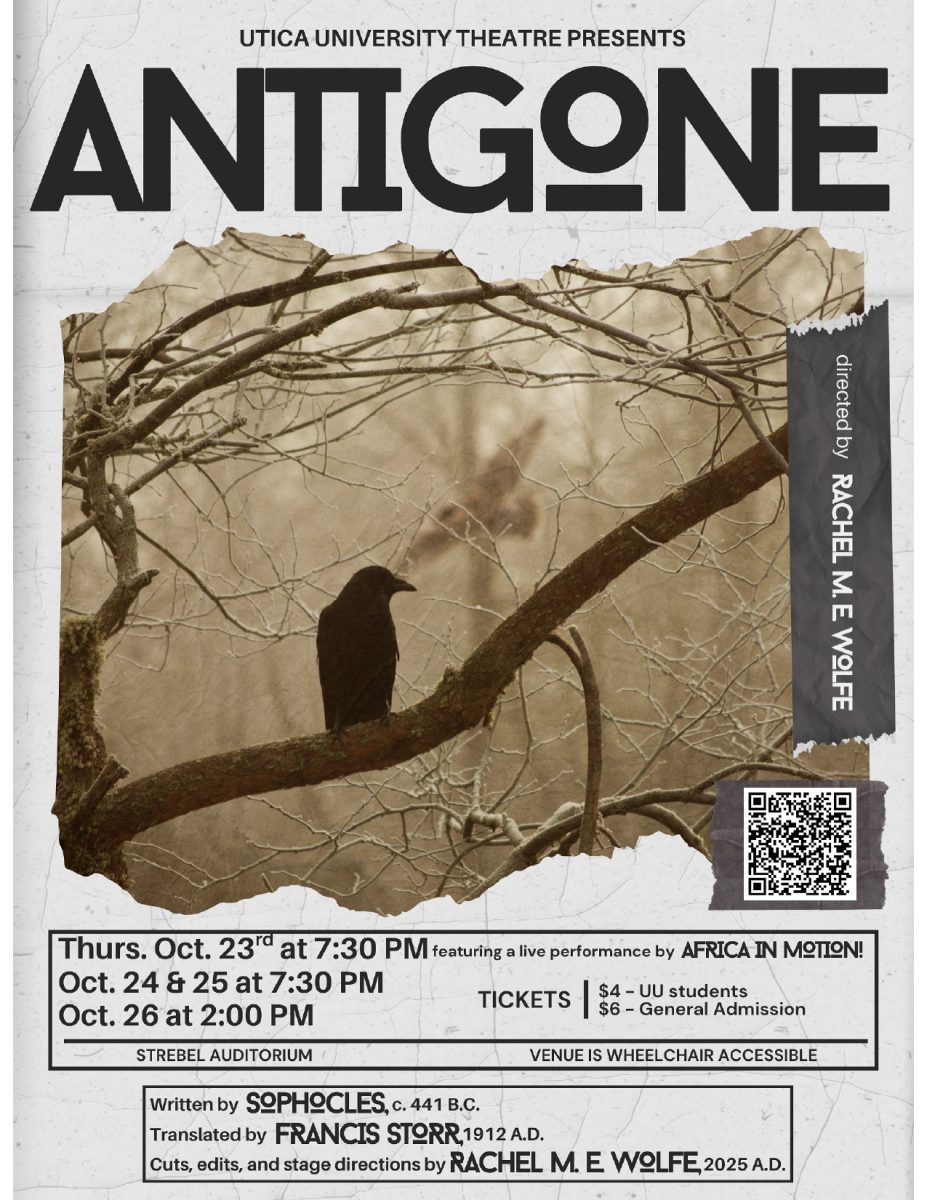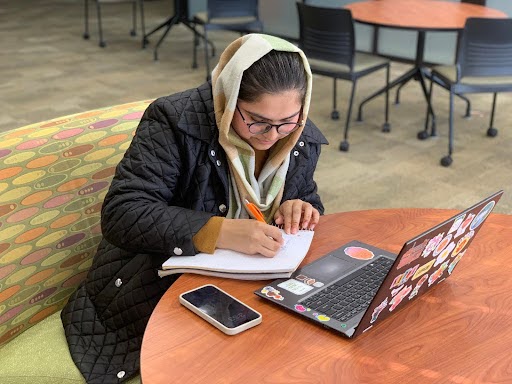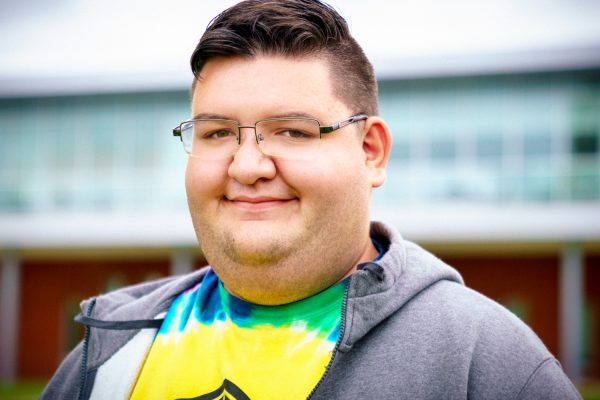On March 15, a Pio-talk was held on Zoom in which first-gen students could share stories about their first-year experiences at college and advice to other students on how to handle transitioning into college life.
Mathew Vincent, the assistant director of the new trio program in Hubbard Hall was once a first-gen student.
“My parents always told me how proud they were of me for taking the step to go to college and get a degree,” Vincent said. “However, while I did enjoy going to college, the stress I had while attending college was completely crazy.”
Some of the panelists talked about their experiences, most of them acknowledging how their college years were spent at a few different institutions. Some started at community colleges like Mohawk Valley Community College and then transferred to others to continue their education and gain bachelor’s and master’s degrees.
- Men’s Hockey Team ready to face off in season opener on Friday
- Dr. Todd Pfannestiel to step down as Utica University president on Dec. 31
- Career Center relaunches Career Closet and plans November networking empowering event
- Dance Night sponsored by Fuerza Latina
- Driven to Win: How Bennett Melita Became Utica’s Top Runner
However, one thing that many participants had in common was that during college, one might not feel like yourself, which is the first sign of something known as “imposter syndrome.”
“Imposter syndrome is when you don’t feel like you can be yourself at college and you feel like a completely different person when you don’t want to be,” said Nina Nguyen, who experienced it during her time in college. “That’s why I give this advice to the first-year students: Take any opportunities you can take and don’t just step aside. Also, never be afraid to be yourself.”
While some of the panelists talked about imposter syndrome creeping in during their time at college, other panelists talked about the struggle they had with maintaining both college life and work-life outside of college. Some explained that on top of their college workload they also worked 40 hours a week at another job.
“I thought college was going to be pretty easy going in, but I learned real fast that it wasn’t when you add work-study from the school and then going to another job I had off-campus,” said Mercedes Steele, one of the facilitators of the event.
One panelist, in particular, talked about how being a first-gen was important to him because not only did his parents never take college classes, one of his parents withdrew from high school early.
“My dad left high school early to actually fight in World War II,” said Adam Pack, a biology professor at Utica College. “However, when he left high school and finally joined it was a little too late. We had already won. However, he didn’t go back to school right away. He went into his first job which was shoveling coal for $40 a week, and back then that was decent pay for a week.”
Another panelist explained how her parents supported her but admitted that even with the support she still felt somewhat alone while living on campus and going to school.
“I didn’t go to family dinner every other weekend as others did,” said Dr. Kaylee Seddio, one of the new faculty members in the Psychology department. “I didn’t make those five-hour trips home because I didn’t have that strong emotional bond as other students did. That overall made things very lonely for me, but it also fueled me to work harder and get my degree in three years instead of four because just the idea of leaving the campus and being able to go home was right.”
Toward the end of the PioTalk, there was a small Q&A for the panelists from the people attending the event. One of the questions asked was, “To what extent does taking a moment to recognize the first-gen issues increase a student’s feeling of belonging?”
“We have to find topics among ourselves, among the campus that engages the community to talk to share,” said Anthony Baird, the chief diversity officer at Utica College. “We all have a story and our story is like a tapestry, that is deeply woven with a theme of the thread.”



